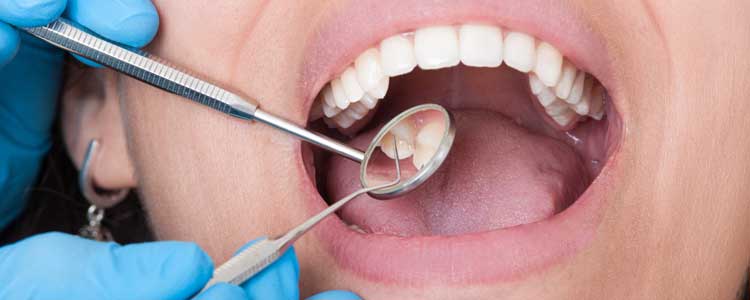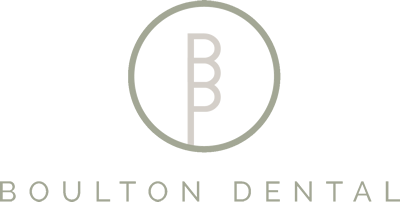
14 Jun The truth about oral cancer.
Each and every one of us has been touched by cancer in some form. Whether it is ourselves, our relatives and friends, or perhaps just someone we know. Cancer seems to be more and more common in our society.
However, some cancers are more commonly known than others. This is mainly due to the many foundations dedicated to increasing awareness and raising funds for treatment and research.
Very little is known about cancer of the head and neck, however it is 1 of the 10 most common cancers in both men and women in Australia. You can read more about the statistics of this form of cancer here.
Cancer of the head and neck can include any part of the head and neck, including lips, gums, palate, tongue, floor of the mouth, throat, nasal cavity, the salivary glands and more. In Australia, the number of head & neck cancers being diagnosed has increased in the last 4 years, with a 69% survival rate after 5 years, if diagnosed early, this survival rate can be higher. People aged between 75-79 are at most risk for developing head & neck cancer in Australia.
HOW DOES ORAL CANCER BEGIN?
In many cases oral cancer starts as a premalignant lesion, or group of abnormal cells, usually either showing as a white (leukoplakia) or red (erythroplakia) patch. Some oral cancers can look like an ulcer, which does not go away over time and doesn’t have any obvious source of irritation like a broken tooth or poorly fitting denture.
There may also be a lump or other symptoms such as difficulty swallowing (feeling like something is caught in the throat). In many cases, no pain will be associated with the lesion.
Generally, your dentist will perform an oral cancer screen at each examination appointment, however if you notice any of the symptoms outlined be sure to mention it.
WHAT HAPPENS DURING AN ORAL CANCER SCREEN?
During the oral cancer screen, your dental health professional will check all the soft tissues in and around your mouth including the lips, gums, tongue, cheeks and floor of the mouth.
They will also check under your jaw and in some cases your neck and check for any lumps or bumps. They may also talk to you about some of the risk factors associated with oral cancers that include:
- Smoking or tobacco use (also betel nut)
- Excessive alcohol use, especially in conjunction with tobacco use
- Infection with some types of human papillomavirus
- Sun exposure
- Poor diet and nutrition
WHAT HAPPENS IF SOMETHING IS DETECTED DURING AN ORAL CANCER SCREEN?
Your dental professional will let you know if a lesion is found in your mouth at the time of screening. In many cases they will simply make a note of it and perhaps take a photo and review the lesion at follow up appointment.
If however, the lesion looks suspicious or doesn’t disperse over time they may refer you to a specialist. The specialist will assess the lesion, discuss your individual risk factors with you and most likely take a biopsy of the area of abnormal cells. This will help determine if the lesion is cancerous or not.
The specialist will then be able to discuss the options with you and the next possible steps. They will also advise your referring dental professional of the diagnosis and further treatment.
CONCERNED?
If you are unsure if you have received an oral cancer screen, feel concerned about a lesion you have found, or perhaps just have some questions regarding your associated risks of oral cancer, talk to your dental professional.
Our practice includes oral cancer screenings as a regular part of our service and is always happy to answer any questions you may have about your oral health.

No Comments